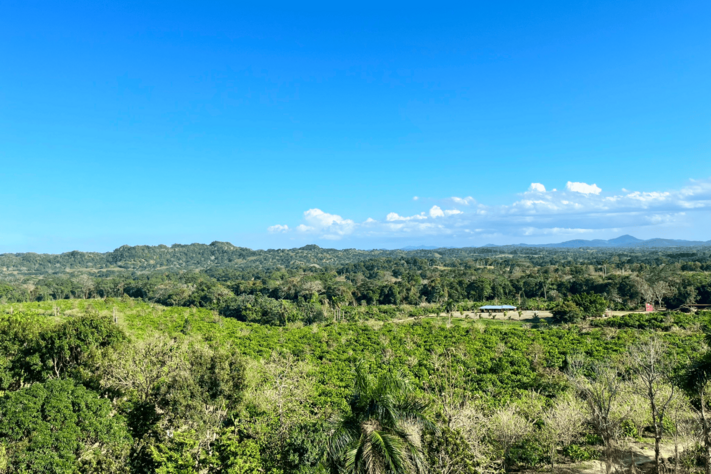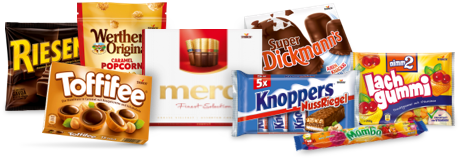Use of pesticides

Requirements and banned substances
Storck expects all suppliers of raw cocoa and products made from it to only deliver goods that meet German and European food regulatory requirements. This includes observing the provisions on permitted and prohibited pesticides as well as the requirements for the maximum levels of pesticide residues under Regulation (EC) No. 396/2005.
We only procure cocoa from countries that have signed the Stockholm Convention on Persistent Organic Pollutants (POP) and are committed to minimising the use plant protection products that are on the Stockholm Convention’s list of banned substances. In addition, we are working with the “EU Pesticides Database” list of banned substances for cocoa and the banned substance lists and application requirements of the standard setters Fairtrade and Rainforest Alliance.
-
Fairtrade standard “Hazardous Materials List” (Annex 2: International Red List of Prohibited Materials)
Nearly 100% of the cocoa beans and cocoa products purchased by us are certified as sustainable or correspondingly verified. Therefore, the requirements of the Rainforest Alliance and Fairtrade standards on plant protection products apply for the cocoa farmers and the suppliers of raw materials delivered to us. In addition to bans, these requirements include positive lists of known and permitted active substances. Dangerous pesticides according to the FAO/WHO definition are prohibited. Compliance with the requirements is verified through audits.
Occupational health and safety, training
The responsible use of pesticides, safe storage and continuous reduction of their use are communicated through the certification programmes. We provide training on the use of pesticides for farmers and cooperatives in our projects. Integrated pest management (IPM) is a central element of this training. In doing so, we impart practical knowledge to minimise the use of plant protection products and to promote alternatives such as natural enemies, better crop rotation and resistant plants. Special emphasis is placed on the safe use of pesticides, their storage and protective clothing. We provide personal protective equipment in our projects. Vulnerable groups such as children and pregnant women are generally not permitted to apply pesticides.
Monitoring and limit value screening
We perform receiving inspections of raw materials as part of our residue monitoring programme. Pesticide residue testing is conducted by a government-accredited testing institute that evaluates compliance with German and European food regulatory requirements. No abnormalities have been found to date.
Crop protection research
We support research on the application of sustainable crop protection. In cooperation with the Joint Cocoa Research Fund (JRF) and other partners, Storck supports research projects to safeguard the cocoa harvest. Reducing the dependency on chemical plant protection products is a key objective. In these projects, international expert groups identify resistant plant systems along with beneficial pollinator populations and work on breeding disease-resistant cocoa varieties. The results and their implementation make a significant contribution to reducing the use of plant protection products and to establishing resilient agricultural ecosystems that can also face the challenges of climate change.
